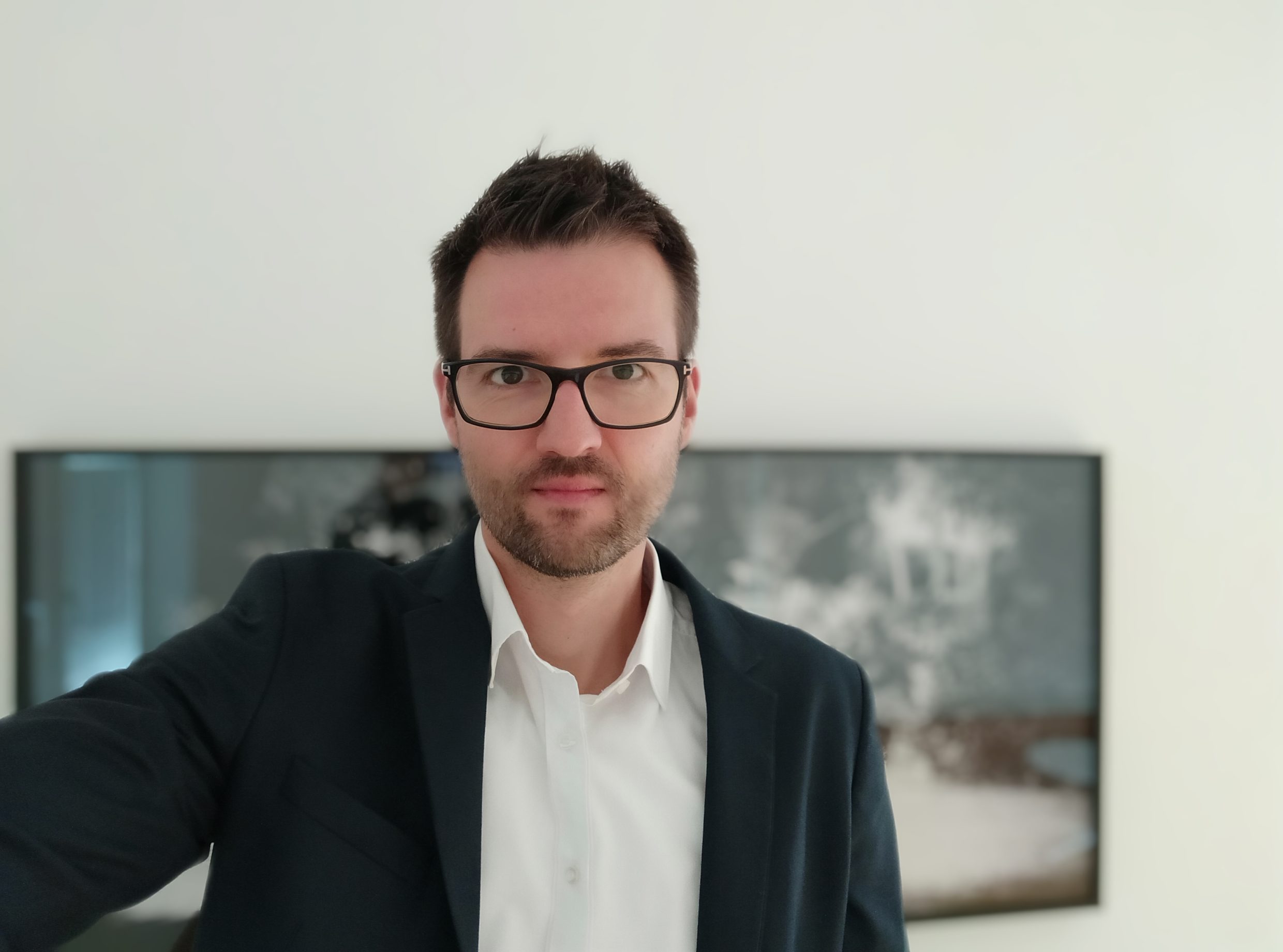Sven van Hove

Weaponizing states in the digital age? Governments, firms and artifical intelligence (with Moritz Weiss)
Digitalization is arguably transforming the traditional monopoly of large arms contractors to help governments in their attempt to provide national security. For instance, numerous states advance military applications of Artifical Intelligence (AI) to make their computer systems resilient or they even weaponize AI in the form of lethal autonomous weapon systems (LAWS). As a result, information technology (IT ) companies will arguably evolve in a powerful position as gatekeepers to relevant technology.
Some scholars thus stress the superiority of private actors over governments. It is argued that the state has been a latecomer in cyberspace, which has guaranteed IT companies a comparative advantage in their interactions with governments. By contrast, other scholars point out that governments are regaining the driver’s seat. While private firms remain relevant, they argue, it is politically accountable governments, which are shaping the future of cooperation and conflict.
Against this backdrop, we will tackle the question of what the effect of today’s digital revolution will be on the relationship between governments and increasingly capable IT-firms? The airm of our project is to address this challenge by considering both how states build capacities and how they set rules to govern the digital era; and we will focus on the interactions between governments and firms. In this collaborative effort, we will draw on our experiences in both academic research and policy-making to produce some insights into the political processes of weaponizing AI.
Biography
Dr. Sven van Hove is a sociologist and works as a research associate at the Bundeswehr Cyber and Information Domain Command. He was head of a research project within the interdisciplinary research network fomig and helped to establish and expand a central laboratory landscape at the Duale Hochschule (DHBW) Mannheim. At the DHBW, he organized the doctoral working group and was a member of the university senate. He has taught at the University of Bamberg, the Coburg University of Applied Sciences and the DHBW Mannheim. After his dissertation at the University of Mannheim, he worked as a project manager in a consulting companie, with a focus on data analysis.
